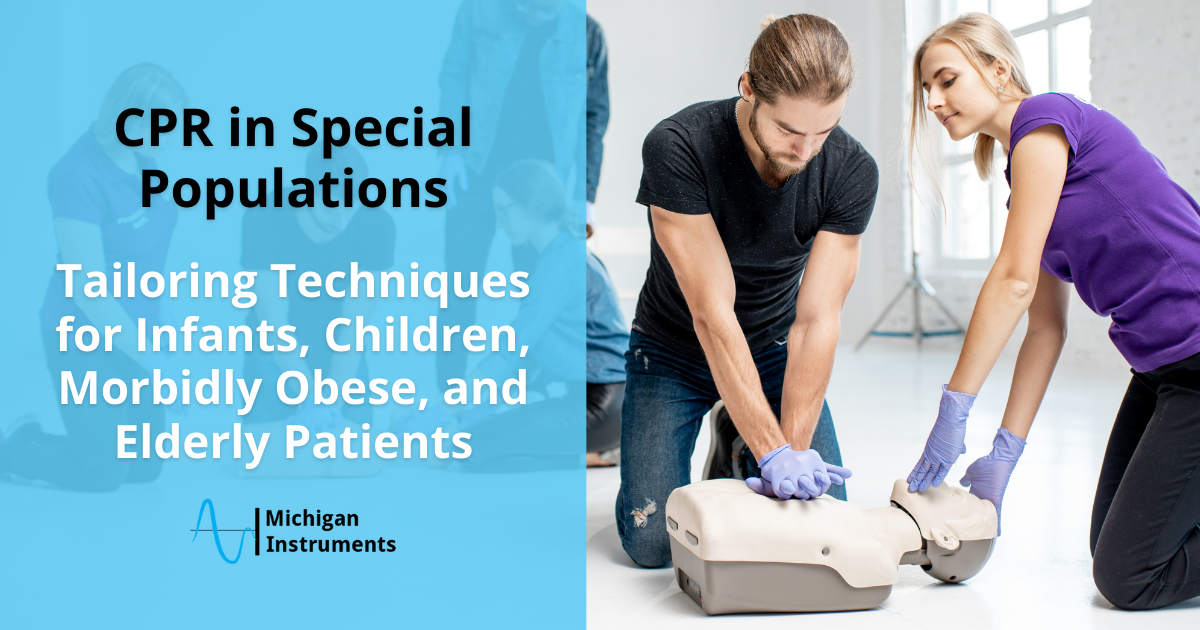
How to Provide High Quality CPR for Special Populations
CPR, Resources for Healthcare Leadership
CPR is a critical life-saving technique that can make all the difference in emergencies. However, tailoring CPR efforts is critically important for special populations such as infants, children, the morbidly obese, and elderly patients.
Each…
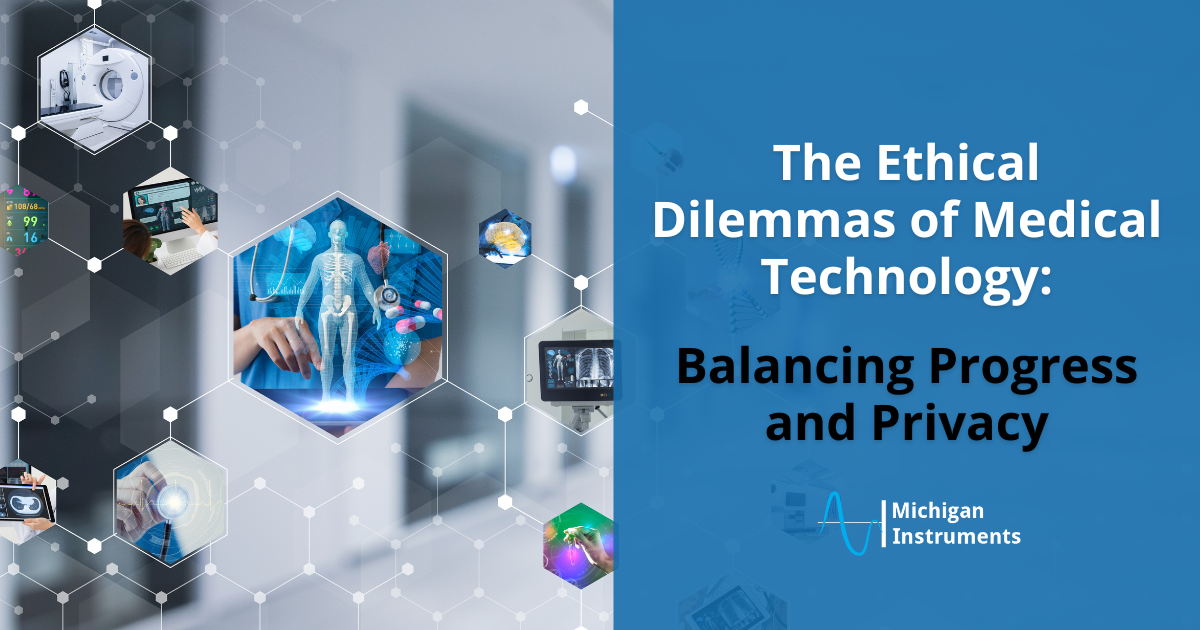
A Guide to Balancing Medical Technological Advancement and Privacy Concerns
CPR, Resources for Healthcare Leadership
The rapid advancement of medical technology has revolutionized healthcare, offering promising solutions for diagnosis, treatment, and patient care. Many of these innovations, from wearable devices that monitor vital signs to lung simulators,…
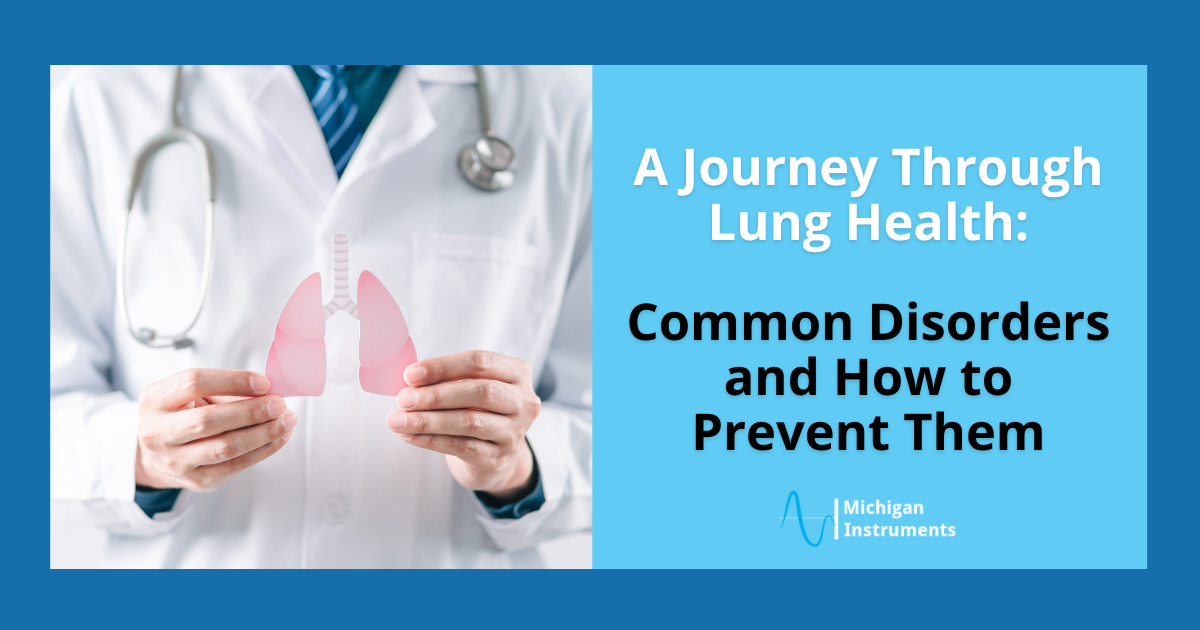
A Guide to Common Lung Diseases and How to Prevent Them
Lung Simulator Resources
The lungs are undoubtedly one of the most important organs in the human body. They play a vital role in our overall health and well-being while serving as the gateway for oxygen intake and the removal of carbon dioxide. Their function is…
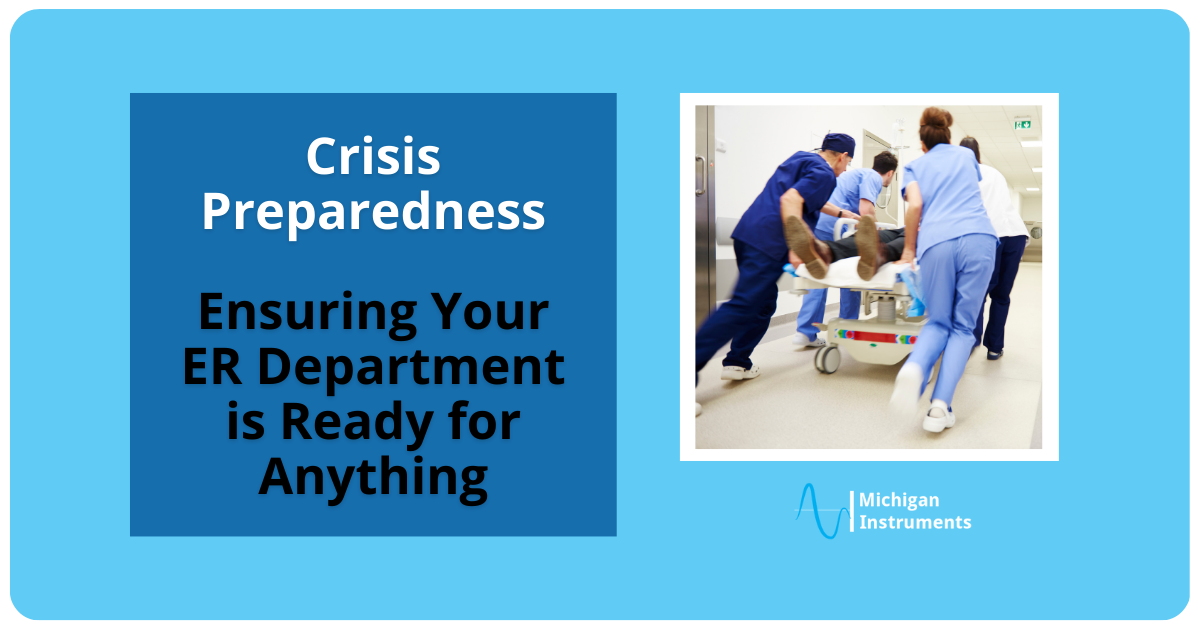
Preparing Your Emergency Department for Crisis Management
Resources for Healthcare Leadership
In the fast-paced environment of an Emergency Department (ED), preparation is crucial. From natural disasters to pandemics, a crisis can strike unexpectedly, putting patients and staff at risk, adding additional stress to an already stress-filled…
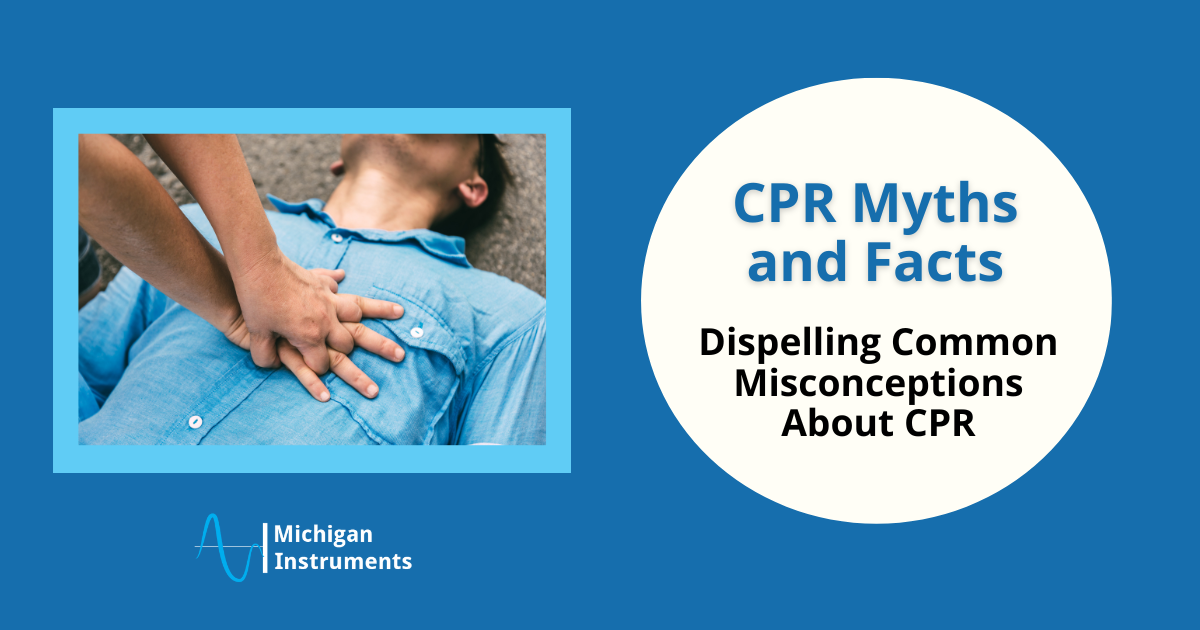
Unveiling the Facts about Life Saving CPR
CPR, Resources for Healthcare Leadership
Cardiopulmonary Resuscitation, better known simply as CPR, isn't just a medical procedure; it's a beacon of hope.
There are over 350,000 cardiac arrests occurring outside the hospital annually in the United States alone. The need for…
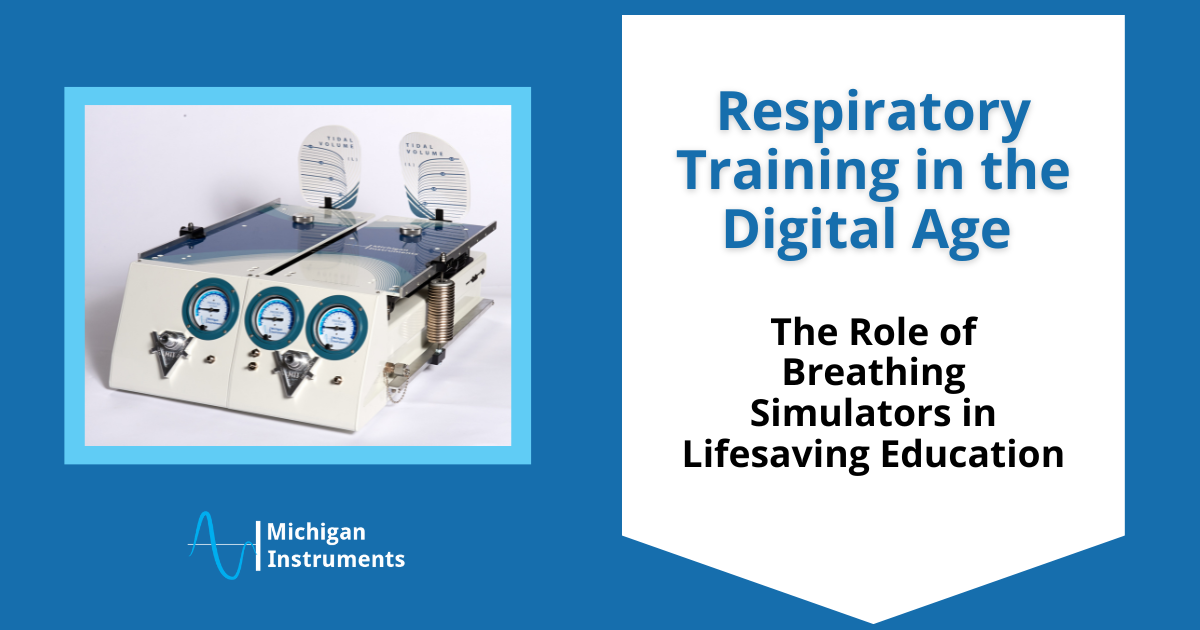
How Michigan Instruments’ Lung Simulators and PneuView Software Lead the Way in Lifesaving Education
Lung Simulator Resources, TTL
Technological advancements continue to shape the way professionals acquire critical skills in medical education and research.
One such innovation that stands out is the integration of respiratory training simulators, specifically lung…

5+ Ways to Improve Patient Experience in Your Facility
Resources for Healthcare Leadership
No matter what kind of healthcare you provide, delivering excellent patient care goes beyond just medical expertise.
The overall patient experience plays a crucial role in determining the success and reputation of healthcare facilities.…

Exploring the Rural Medical Landscape: Best Practices for Doctors in Rural Areas
CPR, Resources for Healthcare Leadership
In rural landscapes, where communities often find themselves geographically isolated, healthcare becomes a vital resource. Rural area doctors play a crucial role in ensuring the well-being of these communities.
Operating in environments…

Evaluating Telemedicine: Advantages and Disadvantages for Healthcare Providers
Resources for Healthcare Leadership
In recent years, particularly since the onset of the COVID-19 pandemic, telemedicine has become more common, transforming the healthcare landscape and emerging as a viable alternative to traditional in-patient care.
In this blog, we’ll…

5 Ways to Show Appreciation to Your Healthcare Staff During the Holiday Season
Resources for Healthcare Leadership
The holiday season is a time of joy, reflection, and gratitude. Since the main motivators for healthcare workers are dedication and compassion, expressing appreciation for them during this time becomes especially meaningful.
As we approach…

How to Provide High Quality CPR for Special Populations
CPR, Resources for Healthcare Leadership
CPR is a critical life-saving technique that can make all the difference in emergencies. However, tailoring CPR efforts is critically important for special populations such as infants, children, the morbidly obese, and elderly patients.
Each…

A Guide to Balancing Medical Technological Advancement and Privacy Concerns
CPR, Resources for Healthcare Leadership
The rapid advancement of medical technology has revolutionized healthcare, offering promising solutions for diagnosis, treatment, and patient care. Many of these innovations, from wearable devices that monitor vital signs to lung simulators,…

A Guide to Common Lung Diseases and How to Prevent Them
Lung Simulator Resources
The lungs are undoubtedly one of the most important organs in the human body. They play a vital role in our overall health and well-being while serving as the gateway for oxygen intake and the removal of carbon dioxide. Their function is…

Preparing Your Emergency Department for Crisis Management
Resources for Healthcare Leadership
In the fast-paced environment of an Emergency Department (ED), preparation is crucial. From natural disasters to pandemics, a crisis can strike unexpectedly, putting patients and staff at risk, adding additional stress to an already stress-filled…

Unveiling the Facts about Life Saving CPR
CPR, Resources for Healthcare Leadership
Cardiopulmonary Resuscitation, better known simply as CPR, isn't just a medical procedure; it's a beacon of hope.
There are over 350,000 cardiac arrests occurring outside the hospital annually in the United States alone. The need for…

How Michigan Instruments’ Lung Simulators and PneuView Software Lead the Way in Lifesaving Education
Lung Simulator Resources, TTL
Technological advancements continue to shape the way professionals acquire critical skills in medical education and research.
One such innovation that stands out is the integration of respiratory training simulators, specifically lung…

5+ Ways to Improve Patient Experience in Your Facility
Resources for Healthcare Leadership
No matter what kind of healthcare you provide, delivering excellent patient care goes beyond just medical expertise.
The overall patient experience plays a crucial role in determining the success and reputation of healthcare facilities.…

Exploring the Rural Medical Landscape: Best Practices for Doctors in Rural Areas
CPR, Resources for Healthcare Leadership
In rural landscapes, where communities often find themselves geographically isolated, healthcare becomes a vital resource. Rural area doctors play a crucial role in ensuring the well-being of these communities.
Operating in environments…

Evaluating Telemedicine: Advantages and Disadvantages for Healthcare Providers
Resources for Healthcare Leadership
In recent years, particularly since the onset of the COVID-19 pandemic, telemedicine has become more common, transforming the healthcare landscape and emerging as a viable alternative to traditional in-patient care.
In this blog, we’ll…

5 Ways to Show Appreciation to Your Healthcare Staff During the Holiday Season
Resources for Healthcare Leadership
The holiday season is a time of joy, reflection, and gratitude. Since the main motivators for healthcare workers are dedication and compassion, expressing appreciation for them during this time becomes especially meaningful.
As we approach…
Recent Articles
- How to Provide High Quality CPR for Special Populations
- A Guide to Balancing Medical Technological Advancement and Privacy Concerns
- A Guide to Common Lung Diseases and How to Prevent Them
- Preparing Your Emergency Department for Crisis Management
- Unveiling the Facts about Life Saving CPR
- How Michigan Instruments’ Lung Simulators and PneuView Software Lead the Way in Lifesaving Education
- 5+ Ways to Improve Patient Experience in Your Facility
- Exploring the Rural Medical Landscape: Best Practices for Doctors in Rural Areas
- Evaluating Telemedicine: Advantages and Disadvantages for Healthcare Providers
- 5 Ways to Show Appreciation to Your Healthcare Staff During the Holiday Season

